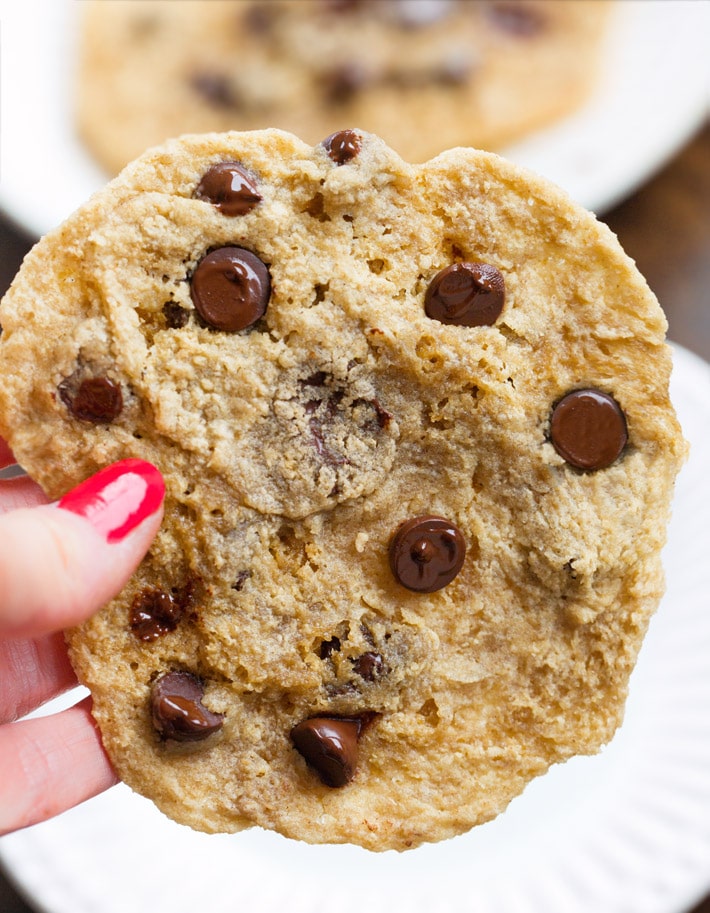Welcome to another detailed guide from TheKitchenApplianceDad.com, where we dive deep into the dos and don’ts of kitchen appliances to make your cooking experience smoother and safer. Today, we’re tackling a question that might tickle the fancy of many baking enthusiasts and cookie lovers: Can you microwave cookie dough?
Microwaving cookie dough is a topic that brings curiosity and a bit of controversy among baking purists and those looking for a quick sweet treat. In this ultimate guide, we’ll explore whether it’s safe, how it affects the texture and taste of your cookies, and some alternative methods for cooking cookie dough.
Microwaves work by emitting microwaves, a type of electromagnetic radiation, which agitates water molecules in food, producing heat that cooks the food. This method is different from traditional baking, where heat gradually permeates the food, allowing for complex chemical reactions that contribute to flavor and texture development.
Microwaving cookie dough is fundamentally different from baking it in an oven. Traditional oven baking allows for even heat distribution that cooks the cookie dough gradually, helping it rise due to the evaporation of moisture and formation of air pockets. This process is crucial for achieving the desired texture and flavor.

First and foremost, the safety of microwaving cookie dough depends on whether the dough includes raw eggs. Raw eggs can harbor Salmonella, which can be dangerous if not cooked properly. The uneven heating property of microwaves can lead to spots where the eggs might not be fully cooked, posing a health risk.
To mitigate this, ensure any cookie dough you plan to microwave uses pasteurized eggs or egg substitutes. Alternatively, you can opt for egg-free cookie dough recipes.
When microwaving cookie dough, do not expect the same results as oven-baked cookies. Microwave-cooked cookies tend to be chewier and denser because the quick cooking time doesn’t allow the dough to develop the subtle flavors and textures achieved through traditional baking. They often have a more cake-like texture and can be somewhat rubbery.
If you’re in a pinch and need a quick cookie fix, here’s how you can microwave cookie dough safely:
Microwaves vary in power, so you might need to experiment with cooking times and power levels. Lowering the power setting and increasing the time might help cook the cookie more evenly.
For those who prefer traditional methods, baking cookie dough in an oven is the best way to achieve ideal texture and taste. Preheat your oven and follow your recipe’s recommended temperature and time.
Air fryers are an excellent alternative for baking cookies. They circulate hot air around the dough, creating a crispy exterior and soft interior. Check out our guide on How to Bake Cookies in an Air Fryer.
Yes, you can even cook cookie dough on a stovetop! Use a non-stick skillet on low heat, cover it, and allow the cookie dough to cook slowly. This method can give you a nice crispy bottom with a gooey top.
While you can microwave cookie dough, it’s essential to adjust your expectations regarding texture and flavor. For the best results, traditional oven baking remains supreme. However, if you’re short on time or looking for a quick treat, microwaving cookie dough is a feasible option. Remember to experiment with your microwave settings to find what works best for your specific model.
Here at TheKitchenApplianceDad.com, we hope this guide helps you understand the nuances of microwaving cookie dough and brings you one step closer to enjoyingyour cookies, whichever way you choose to cook them. Happy baking!

